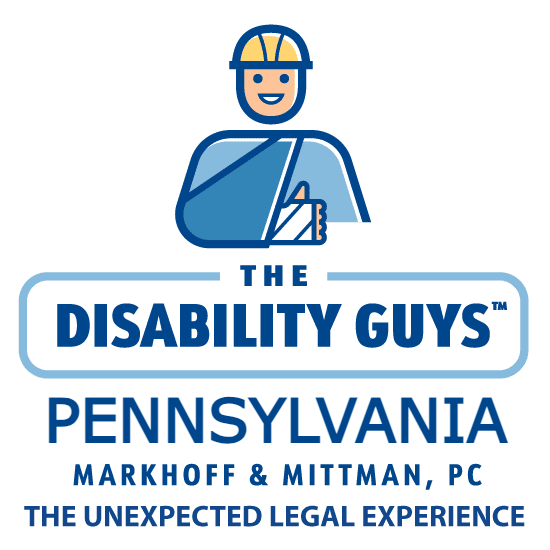Consequences For Victims
For many victims, the trauma of a car accident extends long after they’ve checked out of the hospital. The aftermath of a crash may affect the victim and his or her family for years after the accident, or even for a lifetime. Such consequences include:
Medical bills
Victims often require extensive medical treatment for serious ailments caused by the crash. These bills can quickly become prohibitively expensive. A successful lawsuit can help ease this burden by requiring the drunk driving to compensate for medical expenses.
Lost wages
If you’ve been seriously injured by a drunk driver, it may take a long road of recovery before you can return to the workplace. This loss of income makes it difficult to maintain your standard of living, and many victims may even lose their job if it takes too long to recover.
Loss of quality of life
Many victims of drunk drivers may never fully recover. A chronic injury or one that leaves you permanently disabled forces you to deal with the consequences of this driver’s recklessness for the rest of your life. This may prevent you from engaging in physical activities you once enjoyed, or prevent you from returning to the workplace.
Wrongful death
The consequences of a fatal drunk driving accident may affect the victim’s family for decades. Along with the anguish of losing a loved one, these families are affected financially by unpaid medical bills, funeral and burial expenses, and possibly lost financial support from the deceased.
While some insurance policies may help to cover these expenses, extreme cases of serious injury or pain and suffering may require additional compensation from the guilty party.
Should I Consider Suing?
There are a few civil recourse options available for the victims of drunk drivers.
Suing Drunk Drivers
If you’re considering pursuing financial compensation after a drunk driving accident in Pennsylvania, it’s important to be aware of the state’s car insurance laws. Pennsylvania is one of three Choice No-Fault insurance states in the country. No-Fault insurance policies dictate that each driver’s insurance will help cover their expenses following an accident, regardless of who was at fault. These insurance payouts are usually capped at a certain number. However, PA residents have the choice to opt out of the No-Fault clause.
If your car insurance plan is classified as Limited Tort, then you have opted into the No-Fault clause. This means that in most accidents, you will not be permitted to pursue further non-economic damages, such as for pain and suffering or emotional distress. If you have a Full Tort plan, you have the option to seek additional compensation for both economic and noneconomic damages.
Exceptions to the No-Fault clause are made in cases of “serious injury” - defined by the state as an injury which causes serious impairment of a bodily function or places restrictions on the victim’s daily life. Examples may include permanent bone or muscle damage, brain damage, or injuries which require surgery.
Dram Shop Lawsuits
In some cases, third parties may be held liable for serving an intoxicated patron who got into an accident after leaving the establishment. This statute applies to businesses such as bars and restaurants, and also to hosts of private events.
These lawsuits are often part of a larger suit against the driver. Pennsylvania law requires two criteria for dram shop lawsuits:
- An employee or “agent” of the establishment continued to serve alcohol to a visibly intoxicated patron. Visible intoxication refers to physical signs of intoxication, such as slurred speech, difficulty walking or standing up, and bloodshot eyes. While these signs often constitute circumstantial evidence, a blood test or guilty plea for a DUI may help solidify the case.
- The business or employee’s decision to continue serving this patron directly resulted in the injuries of another person.
Many DUI accidents could have been avoided if an employee or business had refused to serve the visibly intoxicated person who caused the accident. Such businesses may be ordered to pay compensation to the victim because of the role their negligence played in the accident.
More Car Crash Info









